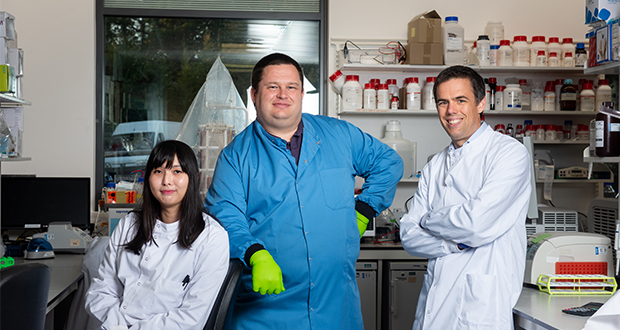In The ClassroomTop Stories
From detention to vaccine developer: how a teacher changed Adam Ritchie’s life

Lecturer and researcher Adam Ritchie spent his high school years in detention with school report cards describing him as smart but unfocused, playing in class and causing trouble.
Please login below to view content or subscribe now.






It was such a privilege to be able to have Adam in my class.